
INSIDE KENYA
30-06-2020 by Freddie del Curatolo
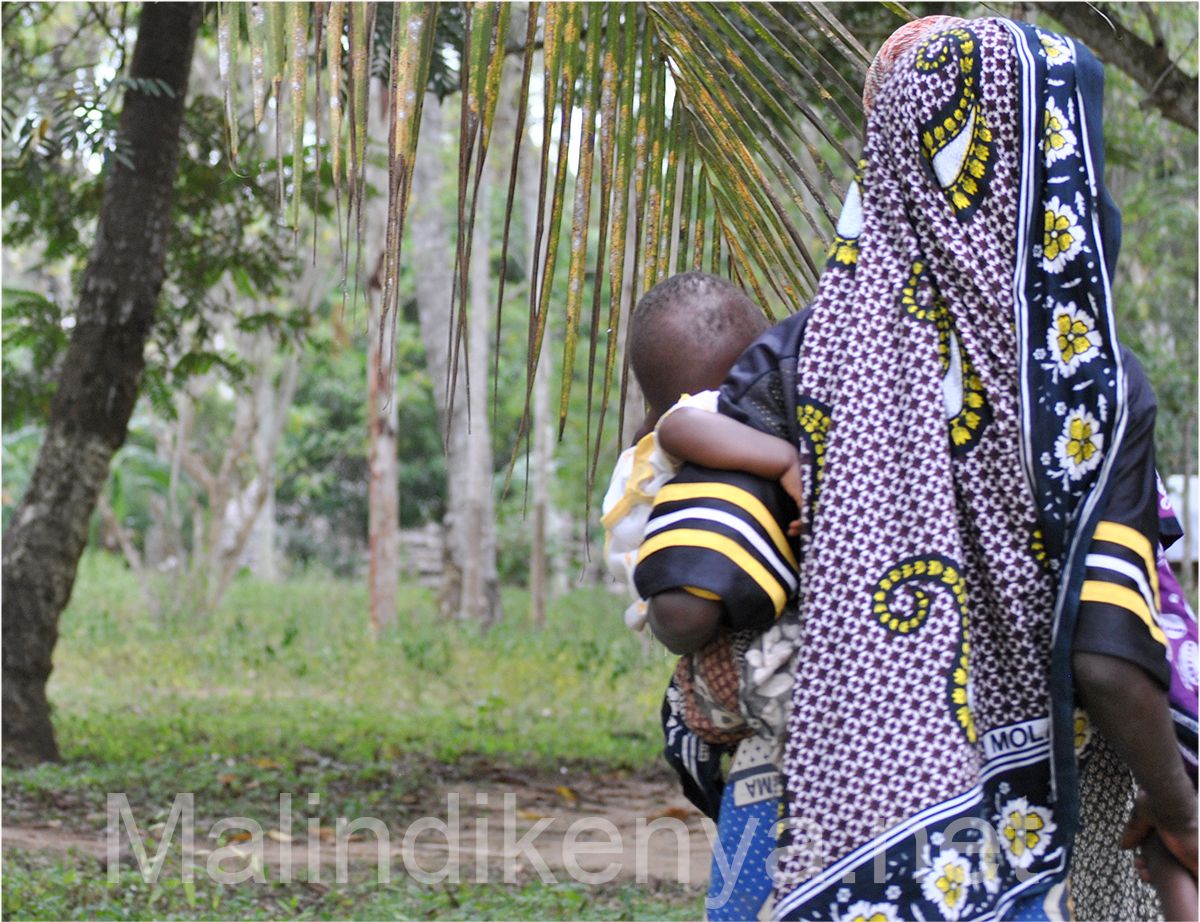
Kenya is on alert with the Covid-19 emergency due to an increase in underage girls' pregnancies. The complaint started a few days ago from Machakos County, where, according to a research carried out by the Kenya Health Information System, from March to June 4000 girls under 19 years of age have become pregnant.
According to these data, confirmed by the head of the Machakos Children's Office Salome Muthama, about 28 girls in the County start pregnancy every day.
The main reason lies in the closure of schools, which lead adolescents to attend each other, but also adults to abuse them, a practice unfortunately still widespread throughout the country.
From Machakos, in fact, research has spread to other counties, highlighting a situation that can become disastrous for education, especially in view of the reopening of school facilities in September.
According to a survey by the United Nations Population Fund (UNFPA) in Kenya, one in five girls begins to have children before their 19th birthday, with some counties (Narok, Masai land and Homa Bay on Lake Victoria) where the average doubles. These are alarming statistics, given that according to the survey, only 2% of teenage mothers return to school, at least in the short term.
Apart from being a psychological, social and economic problem for teenage mothers, teenage pregnancy is also a health problem, since the risks of premature birth and perinatal death are higher among teenage mothers. In particular, most teenage pregnancies in Kenya are involuntary, with over a third of them leading to abortions almost always carried out illegally, with very young mothers at risk of complications and infections that can also cause death during childbirth.
The Covid-19 in Kenya is causing parallel damage that only minimally are those enunciated in the daily numbers of positive cases, which so far can also be read with optimism.
The suspension of most activities and the consequent economic crisis have further reduced the livelihoods of a large part of the most vulnerable population.
Although the Government has activated toll-free numbers, social pages and other forms of information for people, using radio, television and the internet, and the Ministry of Education has developed communication strategies to keep young people learning, a good part of the citizens cannot even afford a connection or a mobile phone with whatsapp or zoom.
Another problem denounced by the national Children's Offices is the lack of food supply for all those children who could use a meal a day at school at low cost if not for free. Now many of them may be forced to carry out income-generating activities for their survival and to help their families in need.
This, according to a study by the African Population and Health Research Center, increases the risk of girls engaging in sexual activities as "bargaining chips" to gain access to essential needs that are now lacking: not only food, but also tampons and transportation. One of the categories of users of these services by adolescents are in fact taxi drivers on motorcycles, the so-called boda-boda.
Unfortunately, with many teenagers at home, sexual violence is also on the increase during this period, and even in this case some can lead to unwanted pregnancies, with the consequential damage we have already mentioned.
According to Salome Muthama, another cause is the relocation of many female students from towns or colleges to rural villages where their relatives, usually grandparents, live. "These helpless old people are unable to keep a close eye on the young people," she explains, "and as a result young people are introduced to bad habits or even harassed by their peers and other unscrupulous people, leading to disasters such as these pregnancies.
In short, a picture that is certainly not cheerful, with the Government that has been committed for some time, including through local campaigns in the counties, to put an end to underage girls' pregnancies by 2030 but that certainly, overwhelmed by the health emergency in progress, has unwittingly loosened the grip.
NEWS
by Leni Frau
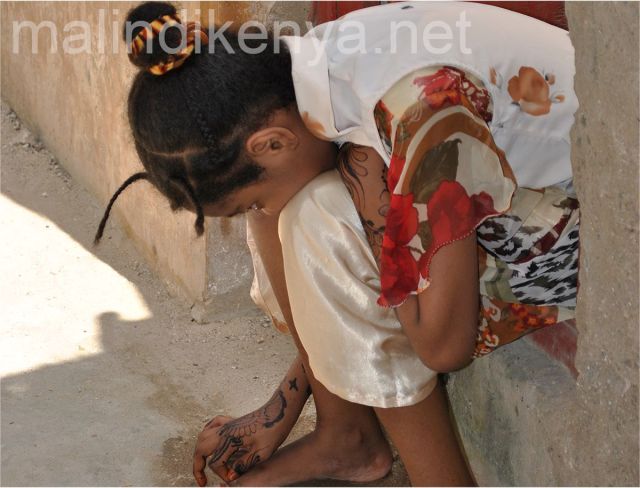
Not only in Kenya, but all over East Africa, the practice of marrying off underage children is fortunately...
NEWS
by redazione
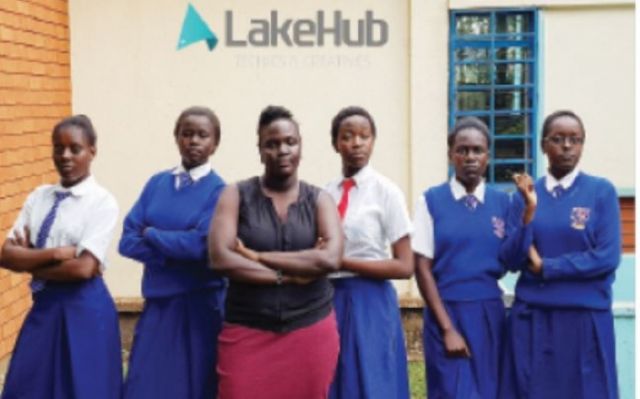
They call themselves "The Restorers", the restorers, are five girls from Kisumu, university or ...
NEWS
by redazione
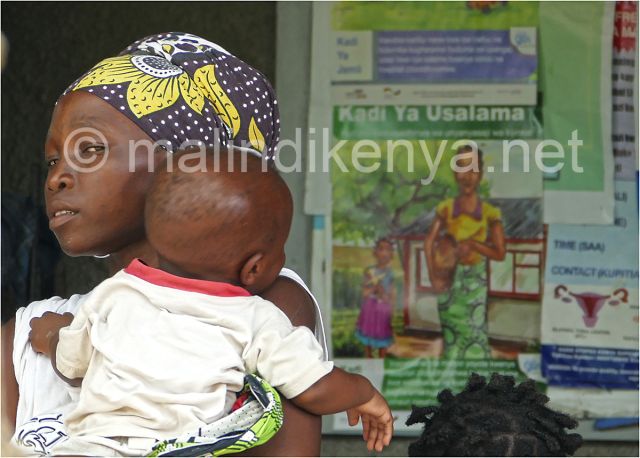
A ruling by the Malindi High Court could change the fate of young Kenyan women who are victims of rape...
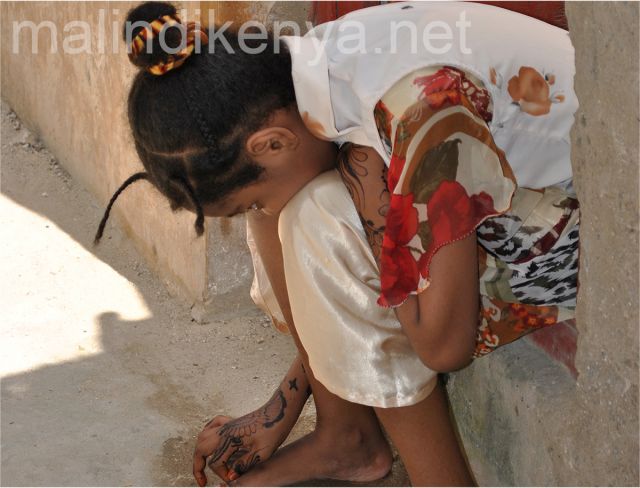
No more marriages between adult men and underage girls in Kenya.
The tendency...

Many "hot" girls, who enter for free if with beach dress code, two deejays to make dancing...
SOLIDARITY
by redazione

A project that combines women's support with the protection of the environment in the inland of Kilifi and Malindi.
The Italian association Africa Milele, which can count on a growing number of volunteer enthusiasts and is mainly active in Chakama,...
NEWS
by Leni Frau
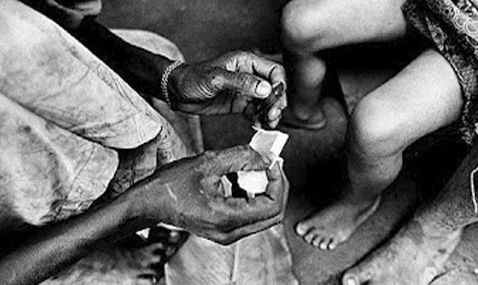
These are important days for the future of many young women from Kenya's Samburu tribes. Just before...
NEWS
by redazione

Vaginal rinses with coca-cola and lemon, so Kenyan teenagers believe they can have...
SHOWS
by Leni Frau

This year Kenya will be Kenya the starting point of the lucky 4 "Women's Adventure"network transmission, the reality-reportage travel to which young and beautiful girls participate who cultivate the dream of being travel and adventure reporters.
SOLIDARITY
by Leni Frau

The future of many girls from the slums of Dandora and Korogocho in Nairobi, thanks to the...